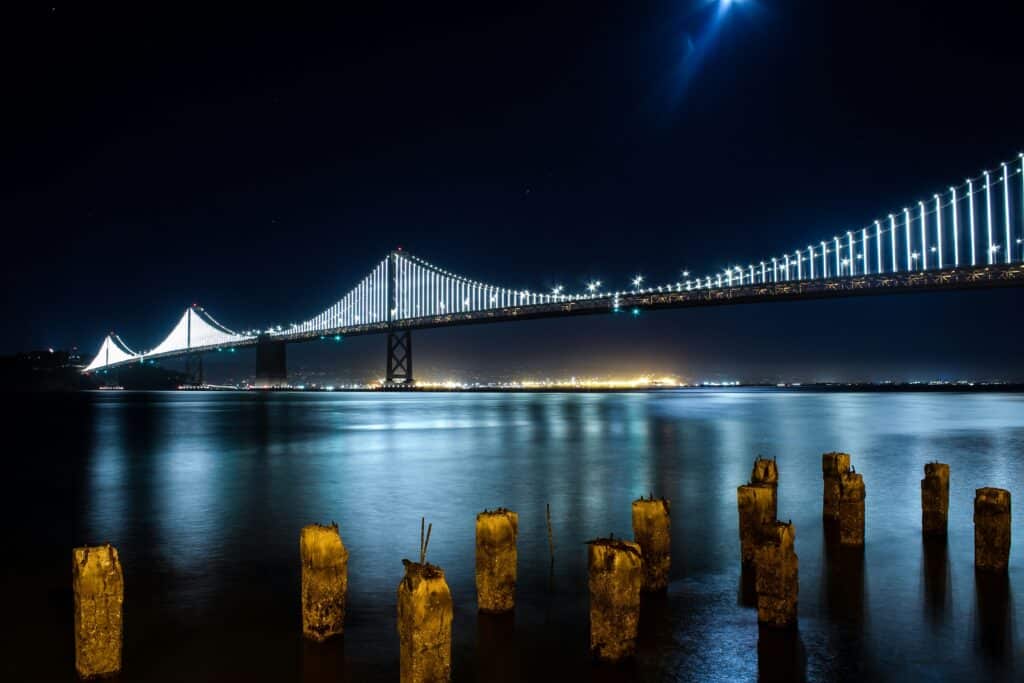Tariff War – What Impact on Gas Trade?
This is the first installment of the Topic of the Month: Trump’s effect on EU value chains
The Trump administration views tariffs as a key tool for addressing economic and geopolitical concerns. Early in his presidency, President Trump signalled his intent to impose tariffs on a range of sectors, including computer chips, pharmaceuticals, steel, aluminium, copper, and even oil and gas imports. He also threatened tariff increases against the European Union due to persistent bilateral trade deficits, as well as against BRICS countries exploring alternatives to the US dollar in global trade.
Trump’s tariff war
The initial tariffs targeting Canada, Mexico, and China have already disrupted international supply chains and affected companies dependent on global trade. However, the European Union has been a particular focus. As a powerful regional economic bloc, the EU stands in contrast to Trump’s nationalist agenda. Beginning in mid-March, the EU faced 25% tariffs on steel and aluminium. It marks the first direct trade actions against the bloc. Further tariffs are expected from April 2, although details regarding affected goods and tariff rates remain unclear. Sectors like automotive and pharmaceuticals may be affected.
Europe’s response
In response to Washington’s blanket 25% tariffs, the European Commission has announced plans to introduce retaliatory measures dating back to 2018, with implementation set for April 1, followed by a new package of countermeasures in mid-April. Although the EU delayed these retaliatory tariffs by two weeks to allow for negotiations, the chances of a diplomatic breakthrough appear slim. A “firm, proportionate, robust, and well-calibrated” response is anticipated. Following the EU’s announcement, President Trump threatened a 200% duty on European wines and spirits. The trade war is nearing a full-scale confrontation. European Central Bank President Christine Lagarde has warned that the EU must be prepared for “tariff blackmail” in the age of Trump.
So far, the energy sector has largely remained outside the focus of the tariff war. US liquefied natural gas (LNG) exports to Europe have often been presented as a tool to ease trade tensions.
In 2024, the EU imported 51 billion cubic meters (bcm) of US LNG, down from 62 bcm in 2023, yet the US still accounted for nearly half of Europe’s total LNG imports. With the European Commission planning to phase out Russian gas entirely and storage needing refilled for the 2025-2026 winter, demand for US LNG is expected to grow.
US LNG
Meanwhile, the US LNG export potential is growing. Seven LNG export facilities are currently operating in the US, with four more under construction. The Trump administration recently granted conditional export approval to Venture Global LNG Inc., and Secretary of Energy Chris Wright highlighted at the 43rd CERAWeek conference that “President Trump immediately ended a pause on LNG export permits.”
China’s retaliatory move by imposing a 15% tariff on US LNG also could benefit Europe. As the world’s largest LNG importer, China previously ranked the US as its fourth-largest supplier. Now, Chinese buyers with long-term US LNG contracts have begun reselling shipments to European customers. Thanks to the destination flexibility of US LNG contracts, suppliers can redirect cargoes to more favourable markets, minimising the impact of tariffs and shifting flows toward Europe.
While growing US LNG imports might not escalate trade tensions directly, they raise strategic questions. Is increasing reliance on US LNG a risky move during an unpredictable tariff war?
The answer is nuanced. While it would increase the EU’s exposure to a single supplier, other sources, such as Norway, Algeria, Azerbaijan and Qatar, will continue to diversify supply. Furthermore, comparing dependency on US LNG to past reliance on Russian pipeline gas is misleading. US LNG markets are flexible, and contract structures allow buyers to redirect volumes based on market conditions. Despite President Trump’s unpredictability, he has never threatened to use energy as a geopolitical weapon, and his influence over private energy companies remains limited.
So, while the ongoing tariff war will likely not directly target the gas trade, it could have indirect effects from changing demand patterns and damages to overall sentiment in transatlantic relations. US LNG is set to play an important role in European energy security, but it does not pose the same kind of geopolitical risk that Russian gas once did.
The Gas Market Task Force
To safeguard the market, the European Commission has established a Gas Market Task Force to monitor and optimise the functioning of natural gas markets. The Task Force aims to identify and address market distortions and ensure transparency in pricing based on lessons learned from the recent energy crisis. Its current mandate runs through Q4 2025, but extending its work could be prudent given the geopolitical uncertainty.
The tariff war initiated by the Trump administration is escalating, with significant implications for transatlantic trade. While the gas trade remains somewhat protected, it is not entirely immune. Indirect effects, such as shifting supply chains, reduced trust, and altered demand, are already visible. Yet, for now, US LNG continues to offer a strategic, flexible, and low-risk supply option for Europe.






